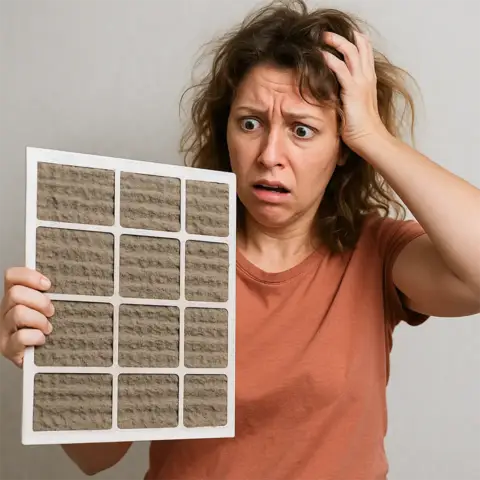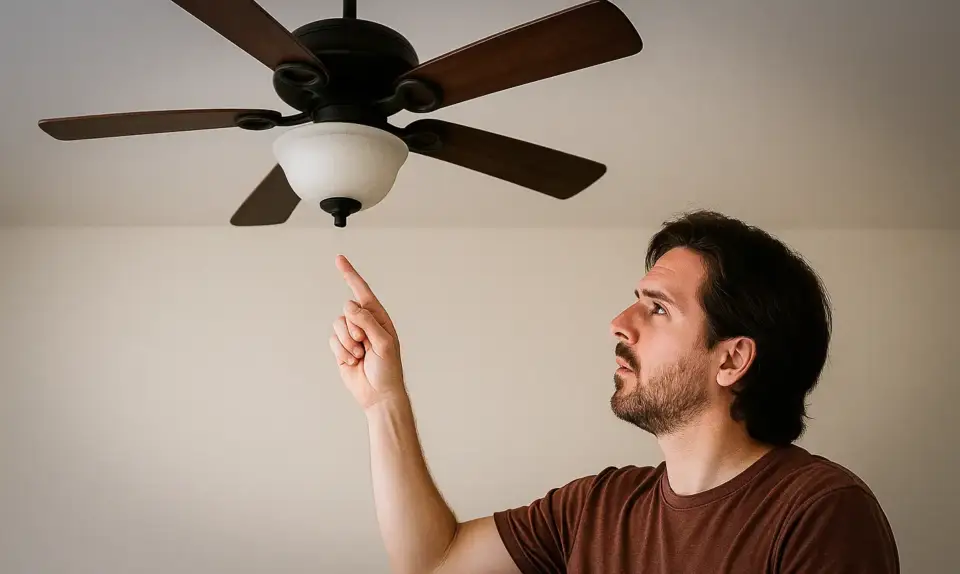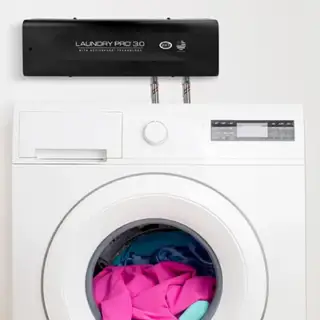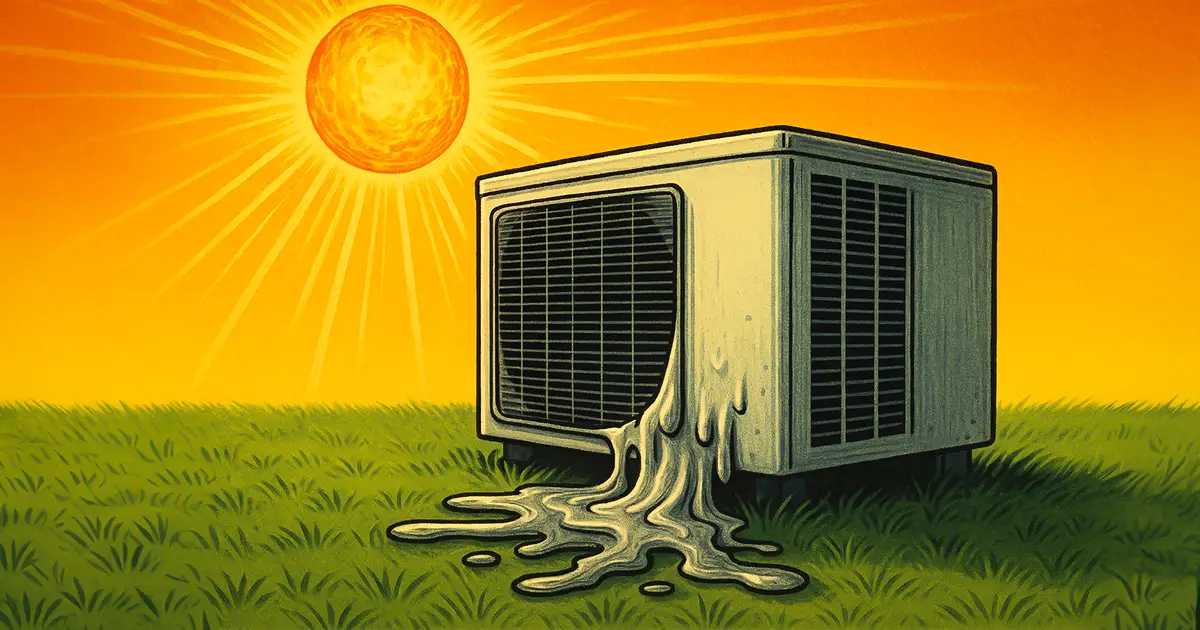Our summers here in central Arkansas aren’t just hot. They’re heavy, humid, and relentless. While your air conditioner works overtime to keep your home livable, it’s easy to overlook how hard it’s being pushed.
That strain doesn’t just rack up the utility bills; it can wear your system down and lead to expensive repairs or even a full replacement.
Fortunately, a few smart habits can keep things running smoothly and efficiently, no matter how high the temperature climbs.
Get a Tune-Up Before the Real Heat Arrives
You wouldn’t drive across the country without checking your oil… your HVAC system deserves the same kind of preparation. A tune-up in spring gives your system the best shot at surviving summer without issues.
Your friends here at Advantage Heating & Air Conditioning can clean internal components, check refrigerant levels, lubricate moving parts, and spot trouble before it becomes a breakdown.
Homeowners often underestimate the value of preventive service. But when dirt builds up on coils or your blower motor runs out of balance, your AC burns more power and wears out faster. A tune-up not only saves energy, it extends the life of your system and catches problems when they’re cheaper to fix.
Don’t Forget the Filters

Your air filter is easy to forget, but it plays a massive role in system performance. A clogged filter forces your HVAC to work harder to push air through your home. That extra effort burns more electricity and puts pressure on the blower motor and other internal parts.
Standard advice says to change filters every three months, but that’s a baseline. If you have pets, allergies, or construction nearby, you might need to swap them more often.
And when replacing your filter, don’t just grab the highest MERV rating available. Higher isn’t always better; too much filtration can choke airflow. Most homes perform best with filters rated between 5 and 8.
Keep the Outdoor Unit Breathing
If your condenser (the outdoor unit) is hidden behind a hedge or buried in grass clippings, it’s not getting the airflow it needs. That airflow is critical. Your system relies on the outdoor coil to release heat. If the air around the coil is stagnant or blocked, cooling performance drops.
Clear at least two feet around the unit in all directions. Trim back plants and keep mulch, leaves, and debris from piling up nearby. Rinse the coil gently with a hose occasionally to remove built-up grime. If it’s in direct sun, consider adding a shade structure or placing it on the north or east side of the home to help reduce heat absorption.
Smarten Up Your Thermostat
Programmable thermostats have been around for a while, but newer smart models make energy savings easier than ever. They adjust the temperature based on your habits, like setting a higher temperature during work hours and lowering it before returning home. Some even use motion sensors or GPS to tell when you’re out.
Letting your house warm up slightly during the day gives your HVAC a break. Instead of cooling the whole house 24/7, smart thermostats allow you reduce the load during hours when no one’s home. And if plans change, you can adjust everything from your phone.
Don’t Let the Cold Air Escape
It doesn’t make sense to pump cool air into a house that leaks like a sieve. If your home isn’t sealed or insulated properly, your AC will run non-stop trying to replace what slips through cracks and crevices.
Start with the basics: weatherstripping around doors, caulking window gaps, and sealing ductwork. Then, think insulation… especially in attics, crawlspaces, and unfinished basements. Better insulation slows heat transfer, so your air conditioner doesn’t have to fight as hard to keep the house comfortable. It also helps keep rooms consistently cool, reducing hot spots that make people crank the thermostat even lower.
Reduce the Heat From the Inside
Your air conditioner is already battling the sun; don’t add extra heat from the inside. Cooking dinner in the oven at 6 p.m. can make the kitchen feel like a sauna. The same goes for clothes dryers and dishwashers. If you can, run them later at night or early in the morning.
Keep blinds and curtains closed during the hottest part of the day, especially on south- and west-facing windows. Window coverings block solar gain, helping maintain indoor comfort without requiring extra cooling.
Ceiling fans are also a secret weapon. When set to spin counterclockwise in summer, they push air downward and make rooms feel cooler. That means you can stay comfortable at a higher thermostat setting.

Check the Ductwork and Open Your Vents
Leaky ductwork is one of the biggest causes of poor cooling performance, especially in older homes. If your ducts are cracked, loose, or filled with dust, they won’t deliver conditioned air efficiently. That often leads to uneven cooling and makes your system run longer than necessary.
You can also hurt system performance by closing too many interior vents. It seems logical, right? Why cool a room you’re not using? However, HVAC systems are designed for balanced airflow. When you close vents, it throws off the pressure and forces the system to work harder. Instead of shutting them completely, leave them slightly open so air can circulate properly through the system.
Watch for Warning Signs
Even with good habits, parts wear out over time. If your HVAC starts making odd noises, blowing warm air, or causing uneven temperatures, it’s time to take a closer look. Moisture around the system or a spike in humidity levels can also signal a hidden issue.
It’s tempting to ignore minor problems in hopes they’ll resolve themselves, but HVAC systems rarely self-heal. A dirty coil or low refrigerant might seem minor now. Still, over time, it can overwork the compressor (which is a costly part to replace.) Quick repairs tend to be cheaper and prevent serious failures down the line.
Know When It’s Time for an Upgrade
An aging system doesn’t just cool less efficiently; it costs more to run and is more likely to fail when you need it most. If your system is more than 10-15 years old and struggling to keep up, upgrading may save you more energy and repairs than trying to nurse it along.
Newer HVAC systems have better SEER (Seasonal Energy Efficiency Ratio) ratings, delivering more cooling with less energy. But size matters, too. A system that’s too big will cycle on and off too frequently, while one that’s too small will never stop running. A professional can help you find the right size and features for your home and lifestyle.
A Cooler Summer Starts With a Simple Plan
The summer heat in Wynne, AR, doesn’t have to break your system or your wallet. Staying cool doesn’t require complex upgrades or expensive gadgets. Most homeowners can reduce HVAC strain with basic maintenance, a few strategic upgrades, and minor adjustments to daily habits.
If your system needs a tune-up, hearing strange noises, or ready for an efficiency upgrade, contact us today at (870) 238-8785. Our technicians are prepared to help keep your home cool, your bills low, and your summer stress-free. “`



